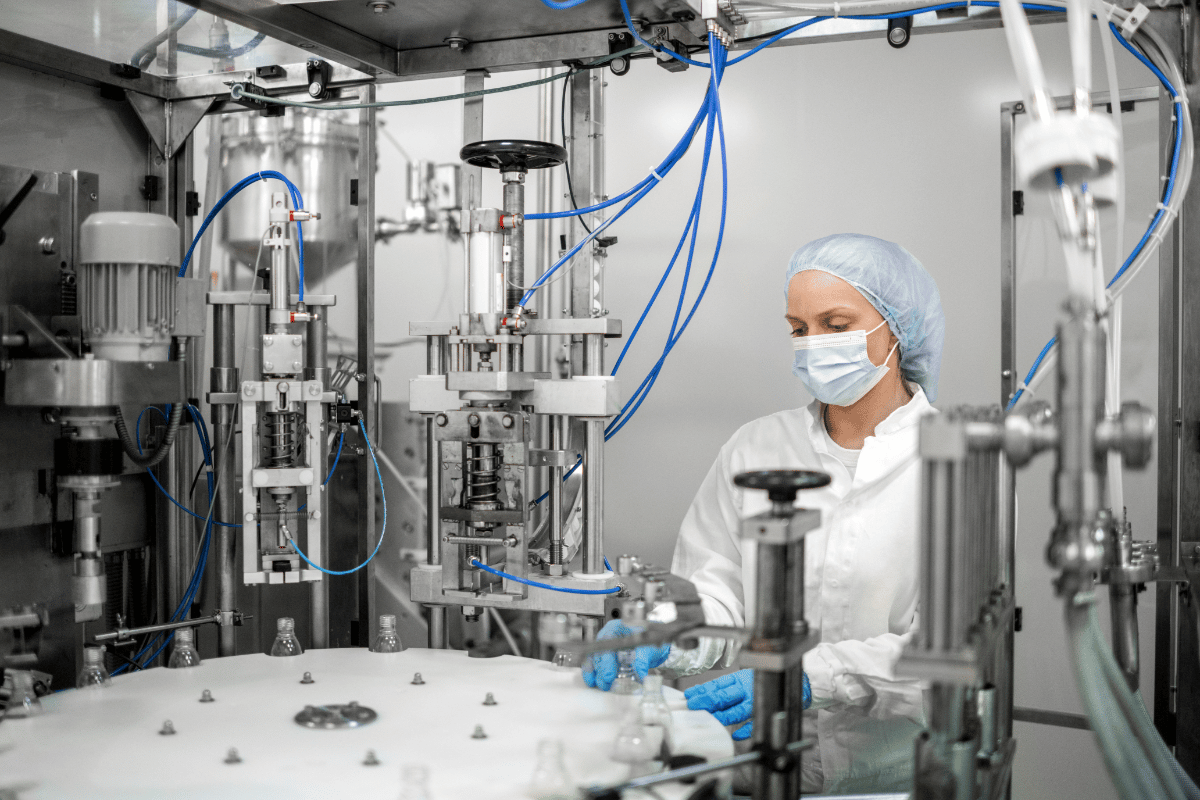AI’s Expanding Role In Medical Manufacturing
Artificial intelligence is reshaping medical manufacturing by introducing advanced capabilities that improve efficiency, consistency, and quality control. Its applications reach from early product design to post-production monitoring, streamlining processes that once required substantial human oversight. For online businesses serving the medical manufacturing sector, these technologies open new opportunities to deliver products faster while maintaining strict regulatory standards.
Improving Product Design and Development
AI-driven software enables manufacturers to create more precise prototypes through predictive modeling. These systems can analyze historical data, simulate various design outcomes, and detect potential flaws before physical production begins. This not only reduces wasted materials but also accelerates the development cycle. In medical manufacturing, where precision is critical, AI’s predictive capabilities can help ensure that every component meets tight tolerances.
Enhancing Quality Control Processes
Traditional quality control often involves sampling, which leaves room for undetected defects. AI-enabled inspection systems, equipped with computer vision, can examine every single product in real time. High-resolution imaging combined with machine learning algorithms allows detection of even microscopic deviations. For medical devices, this level of scrutiny is essential to ensure patient safety and meet compliance requirements without slowing production.
Streamlining Supply Chain Management
AI can forecast demand, manage inventory levels, and optimize procurement processes for manufacturers operating in the medical sector. By integrating production data with supplier information, companies can better predict material shortages and prevent production delays. For online businesses coordinating with multiple vendors, these predictive tools can improve reliability and reduce downtime.
Supporting Maintenance and Operational Efficiency
Unexpected equipment failures can halt production, leading to costly delays. AI systems integrated with machine health monitoring can detect signs of wear or performance decline before they become critical issues. Predictive maintenance based on these insights allows manufacturers to schedule repairs at optimal times, preserving uptime and ensuring consistent product output.
AI’s influence on medical manufacturing is growing as technologies become more sophisticated and accessible. From improved design accuracy to real-time inspection and predictive maintenance, its benefits extend across the entire production cycle. For online businesses engaged in this sector, the adoption of AI is not just an efficiency measure but a competitive advantage that aligns with the industry’s demand for precision and reliability. For more information, check out the infographic below.




